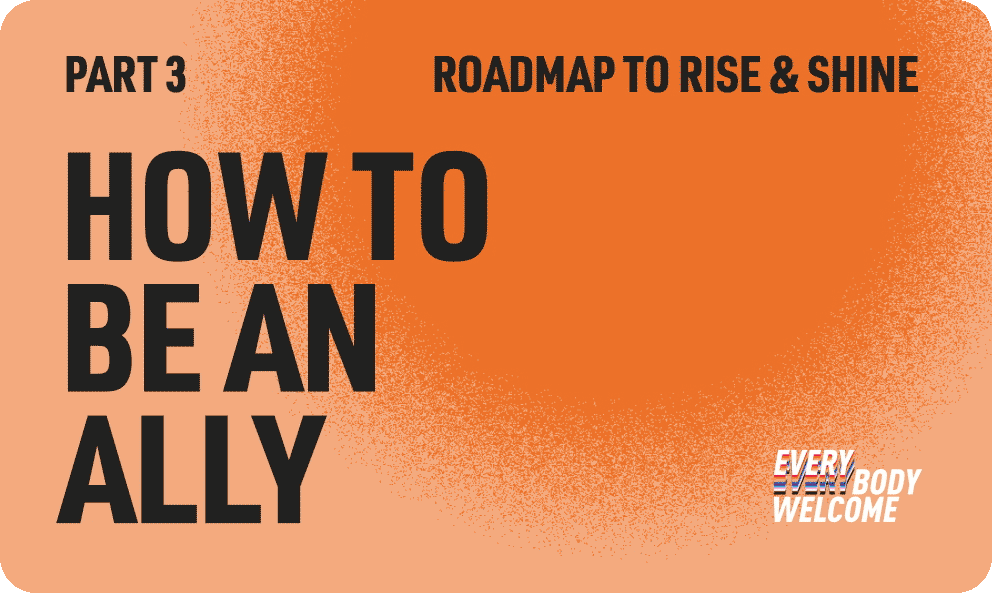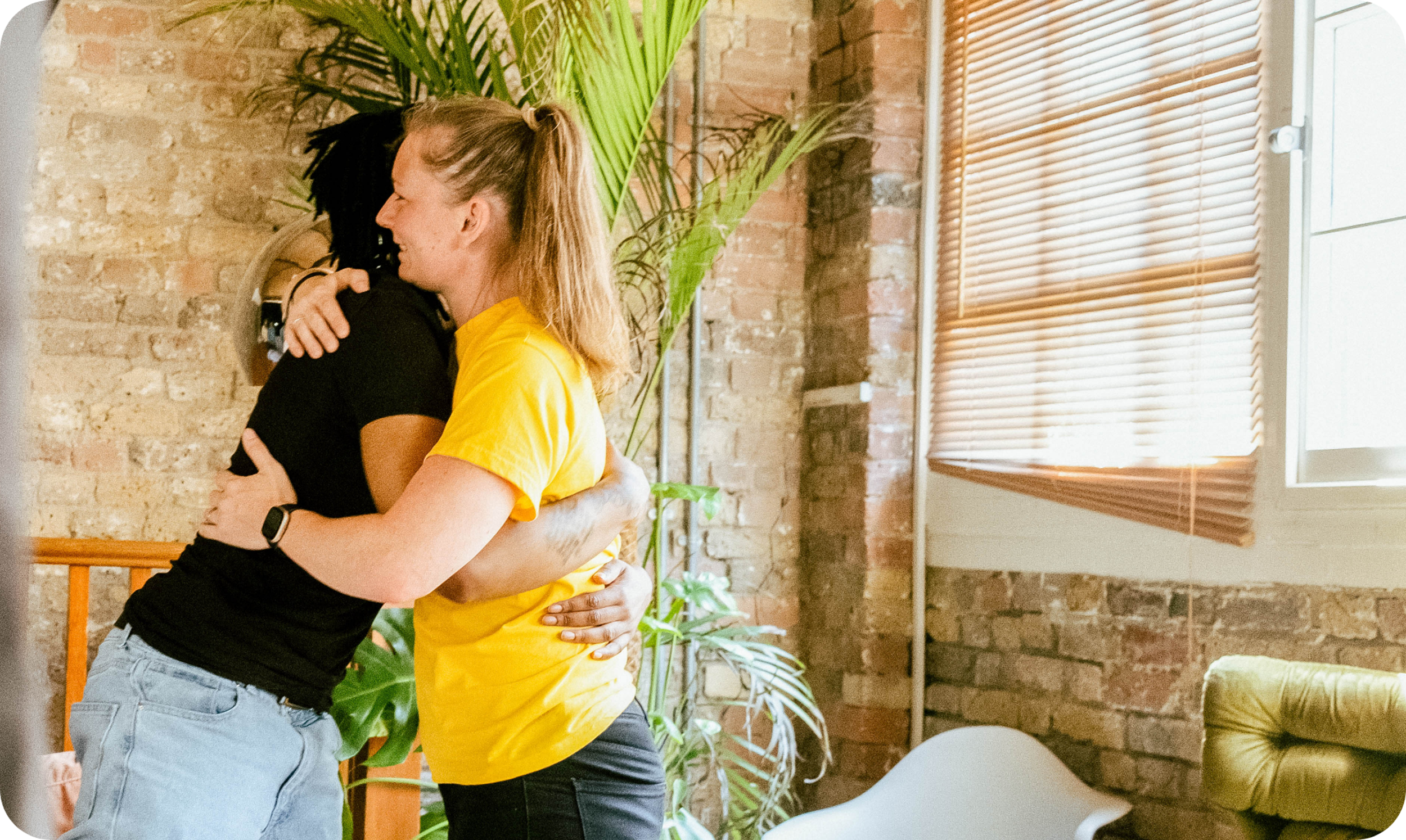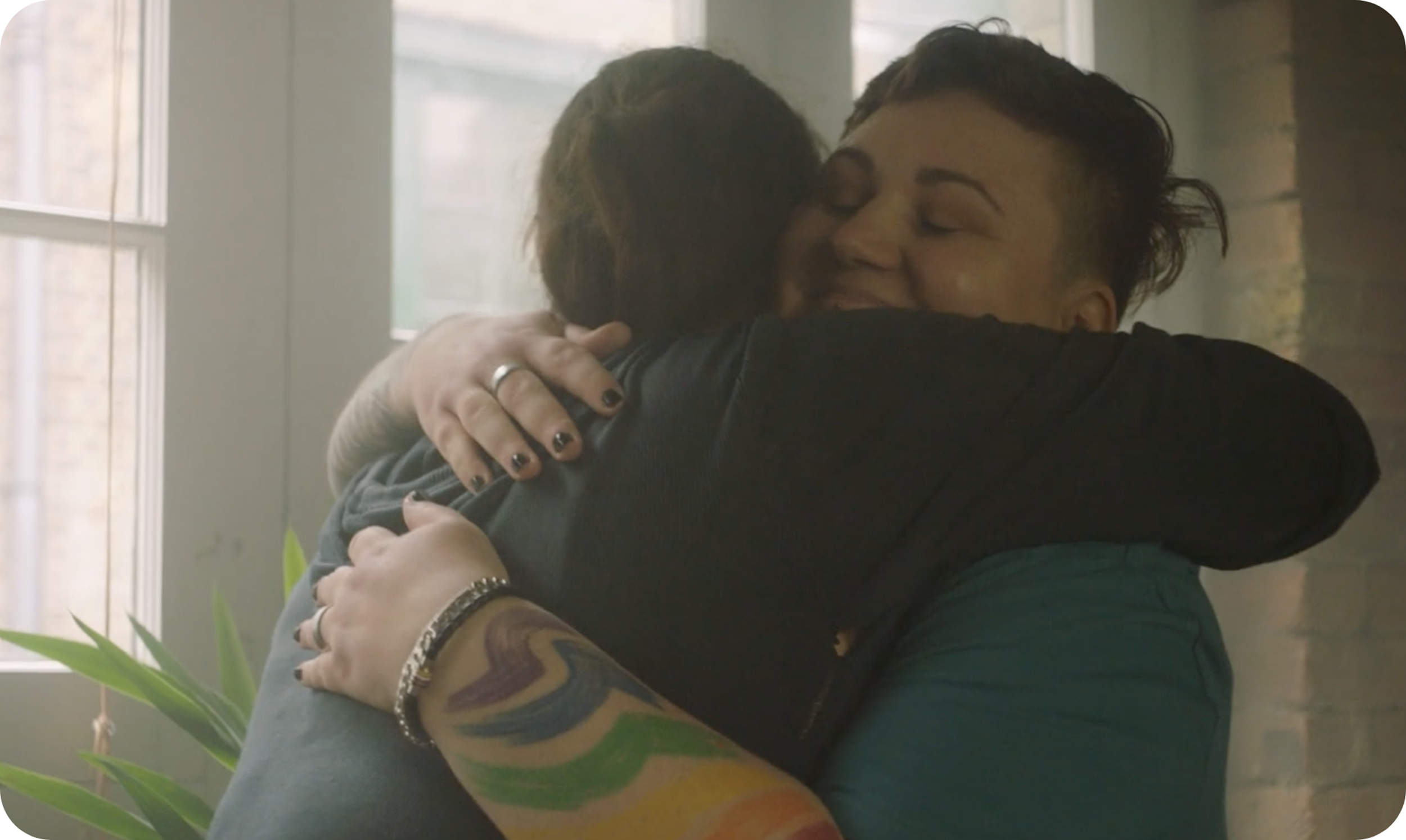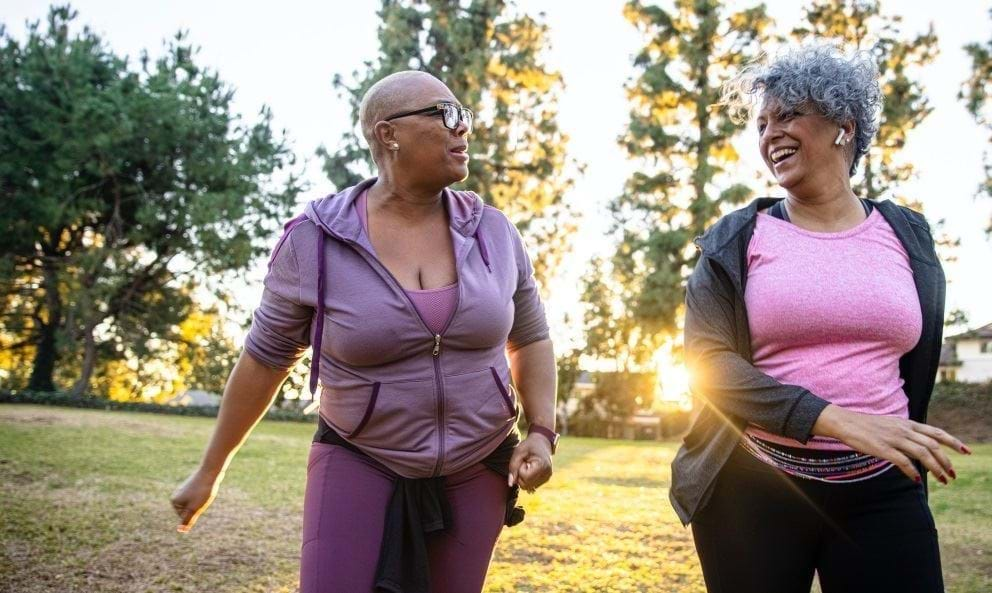What Is An Ally?

Pride Month is a month dedicated both to celebrating the LGBTQ+ community, and helping to raise awareness of the issues faced by LGBTQ+ people. This year for Pride, we are encouraging our members and employees to Rise and Shine for the LGBTQ+ community. Our Roadmap to Rise and Shine aims to help LGBTQ+ people foster better mental wellbeing, and provide tips on becoming a better ally so that everyone can be themselves.
Rise and Shine is one part of our 2022 Equality Action Plan and is supported by a number of initiatives we've built together with our LGBTQ+ Employee Network Group, to ensure our workplace and gyms are truly inclusive for LGBTQ+ people.
In this blog, we look at how to be an ally to the LGBTQ+ community.
We believe we can all can play a role in creating a world where all LGBTQ+ people feel free to be themselves.
Being an ally means being willing to act with and for others in pursuit of ending oppression and creating equality. Being an ally is more than being sympathetic to those that experience discrimination. An ally is someone who has a commitment to fighting oppression and prejudice through the willingness to educate themselves and challenge their own opinions and beliefs.
It is up to people who hold a position of privilege over underrepresented groups of people to act as allies to help make active changes and help other voices, be heard. Big or small, every positive action creates an environment for diverse groups to speak up and feel confident that they have the support to ask for what they want.

How can I be an ally?
While you may feel overwhelmed and may not know where to start with being an ally, there's a few small changes that can make a big difference to someone who is LGBTQ+ including:
Be open-minded and listen
The best way for us to learn is to listen to others experiences and views. It's important to be open-minded and willing to learn in these situations.
Widen social circles
This can allow us to educate ourselves further by being around people from different backgrounds, cultures, and experiences. This can broaden our knowledge and allow us to rid ourselves of any unconscious bias we may have.
Take action and speak out
See being an ally as being an action rather than a label. If you hear people make homophobic, biphobic, transphobic comments and jokes, call them out and educate them on why what they have said is offensive. It might be too embarrassing or intimidating for an LGBTQ+ person to do it themselves.
Avoid assumptions
Not everyone you meet is straight and/or cisgender. Avoid using gendered language where these assumptions are applied e.g. instead of asking someone about their girlfriend/boyfriend or husband/wife ask about their partner.
Continue to educate yourself
It's important not to simply rely on others to tell us how to be an ally. We should ensure we do our own research -- there are plenty of resources available for us to use and we have listed some of these at the bottom of this blog.
Language matters
If you are unsure how to address someone whether it's pronouns or pronunciations, it's always best to ask. Don't worry if you get it wrong the first time, just apologize, use the correct language, and move on.
Set expectations in the workplace
Set expectations in your team and ensure that everybody's opinions and ideas are heard. Use relevant terminology and ensure your team understand the importance of Diversity, Inclusion and Belonging.

It's important to be an ally all year round, not just for Pride month. This campaign forms part of our LGBTQ+ 2022 Equality Action Plan and is supported by several important initiatives throughout the year to strengthen our commitment to make our workplace and gyms truly inclusive for LGBTQ+ people.
Please check out our other Roadmap to Rise and Shine resources, including our tips for LGBTQ+ people to foster better mental health, and stories from our LGBTQ+ Group members. You can also learn more about different LGBTQ+ terms here.
Resources to help be a better ally to the LGBTQ+ community


